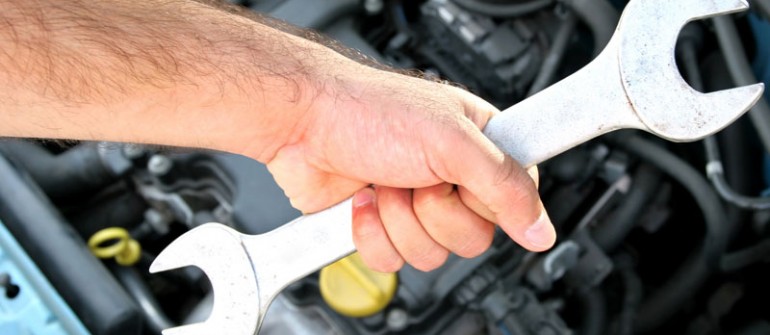An engine is made up of a large number of important moving parts, such as pistons, crankshaft, valves and the camshaft to name a few. Engine oil plays several important roles in ensuring that these all work together properly.
So what function does the oil perform in an engine?
Oil is a lubricant. Oil reduces friction and wear that occurs when parts move against each other, for example between the cylinder liner and piston ring, or the camshaft.
Assists in heat dispersion. Engine oil absorbs the heat produced in the engine combustion chambers and piston under crown area, cooling the engine and helping to prevent overheating.
As a sealant. Motor oil seals the space between the piston ring and the cylinder liner to prevent combustion pressure and engine power from escaping.
Oil is also a detergent and rust inhibitor. It neutralises acids produced by combustion gases, preventing rusting, corrosion and damage to essential components.
Easy to follow tips:
- Engine oil level should be regularly checked regardless of vehicle age.
- Only top up oil with correct grade as specified by manufacturer.
- When topping up oil do not exceed the maximum recommend level




